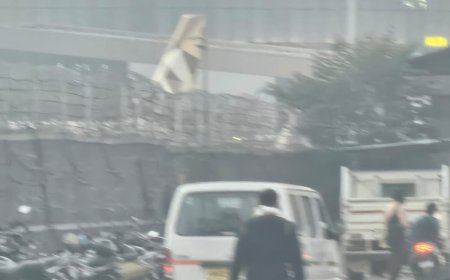Los Angeles: The United States Supreme Court has rejected the "emergency application" filed by Tahawwur Rana, the accused in the 26/11 Mumbai terror attacks, opposing his extradition to India. Rana, a Pakistani-origin Canadian citizen, moved the application on Thursday, claiming that he would face torture in India due to his Muslim identity and Pakistani origins.
Rana is currently held at a metropolitan detention centre in Los Angeles. He has been linked to Pakistani-American terrorist David Coleman Headley, one of the main conspirators in the 2008 Mumbai attacks. The Supreme Court's decision marks a significant step towards his potential extradition to India, where he faces charges for his role in the deadly terror assault that claimed over 170 lives.
In his petition, Rana argued that extraditing him to India would violate United States law and the United Nations Convention Against Torture. He claimed that there were substantial grounds to believe that, if extradited, he would face torture in India due to his background as a Muslim of Pakistani origin. The petition further stated that Rana’s "severe medical conditions" would make extradition to India equivalent to a "de facto" death sentence.
The legal battle surrounding Rana’s extradition intensified after former U.S. President Donald Trump’s administration approved his extradition to India in January, following the rejection of his review petition by the U.S. Supreme Court.
Tahawwur Rana, who was born in Chichawatni, Punjab, Pakistan, and later moved to Canada, was convicted in 2011 for providing support to the militant group Lashkar-e-Taiba (LeT) and plotting an attack on the Danish newspaper Jyllands-Posten. Rana was sentenced to 14 years in prison in the Danish case in 2013.
Rana’s connection to the 26/11 attacks stems from his involvement with Headley. Together, they meticulously planned the terror assault that shocked the world. Rana has been declared a fugitive by India, and his extradition has long been sought by Indian authorities.
The U.S. Supreme Court’s rejection of Rana’s extradition stay means that he could soon face justice in India for his role in the Mumbai attacks, bringing one step closer the long-awaited closure for the victims and families affected by the tragedy.




 Previous
Article
Previous
Article











